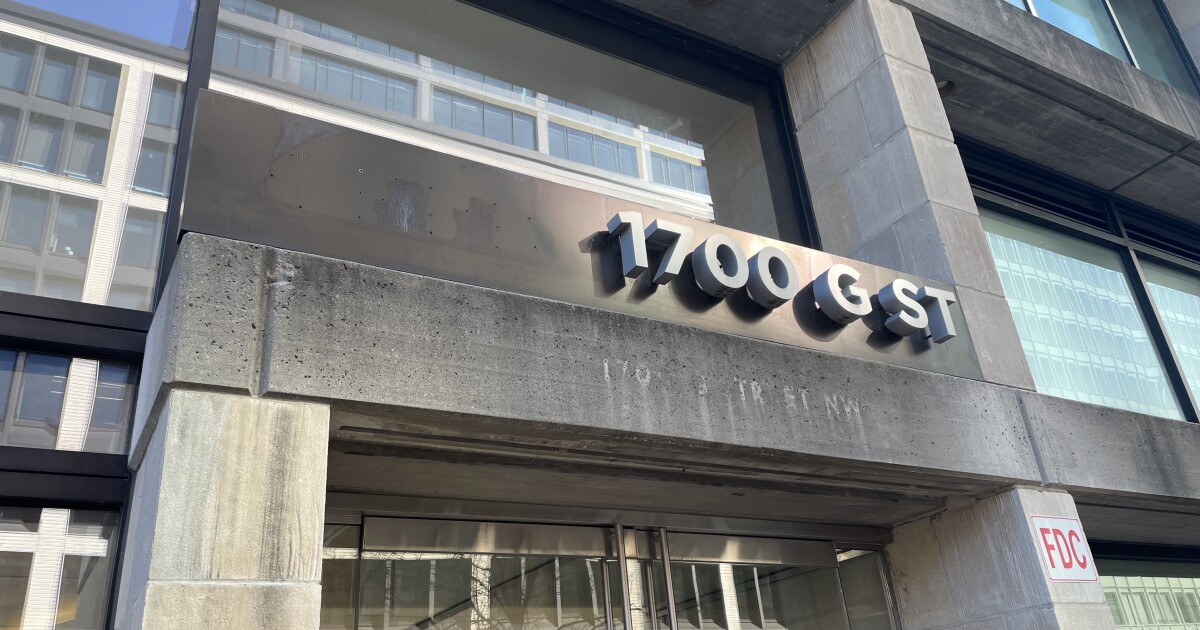
A federal judge on Friday prohibited the Trump administration from carrying out a mass firing at the Consumer Financial Protection Bureau, saying the CFPB's leadership was "thumbing their noses at both this court and the Court of Appeals."
At a hearing Friday morning, U.S. District Court Judge Amy Berman Jasckson blocked the CFPB's leadership from issuing any reductions-in-force, or RIFs. She
"It is incumbent upon the court once again to preserve the status quo," Jackson
Jackson did not mince words in calling out the CFPB's leadership for ignoring
"There is reason to believe that the defendants simply spent the days immediately following the Circuit's relaxation of the order, dressing their RIF in new clothes, and that they are thumbing their nose at both this Court and the Court of Appeals," the order reads.
The Department of Justice, representing the CFPB, voiced no objection to her directive. The CFPB did not respond to a request for comment.
She suspended
Deepak Gupta, an attorney for the National Treasury Employees Union, said he was pleased that the court "put an immediate halt to this violation today and we look forward to continuing to press our case in court."
Gupta on Thursday filed an emergency motion for an order to show cause with the U.S. Court of Appeals for the D.C. Circuit. He asked the judge to determine why the CFPB's leaders should not be
The legal fight between the union and the CFPB's leadership under the Trump administration began in February when Vought issued a
Jackson cited six declarations filed by CFPB employees and NTEU members that she said "paint a dramatically different picture" of the CFPB's mass firings compared with declarations made by Mark Paoletta, the CFPB's chief legal officer.
Gupta said in his motion that the CFPB had failed to comply with the appeals court ruling and that it was "unfathomable" that the CFPB's leadership could make an assessment of the performance of nearly 1,500 employees in just three days to comply with the court's orders.
The bureau cut "90% of its staff in just 24 hours, with no notice to people to prepare for that elimination," Chopra said in the
Paoletta countered by filing a declaration with the court on Friday claiming that he and two other CFPB attorneys, on an unspecified date, had "conducted a particularized assessment to determine which employees are unnecessary for the Bureau to perform its statutory duties," as required by the appeals panel.
The CFPB appeared to be preparing for the mass layoffs and seeking to justify them by sending
The response from Jackson was swift.
She wrote that Paoletta's declaration did not mention any consultation with the heads of the various offices that were terminated. For example, no managers in the bureau's Consumer Response unit were consulted by agency leadership about the level of staff needed to perform its duties, which were explicitly part of the both court orders.
There was no explanation, the judge said, for "how the RIF would affect its ability to respond to the thousands of consumer complaints and inquiries from banks that it receives."
Instead, the RIF notice would have reduced the statutorily-mandated Consumer Response Office from 135 employees to eight.
"Once again, the Court is confronted with evidence that gives rise to concerns that there will be no agency standing by the time it gets to consider the merits, by the time the Court of Appeals rules on the legality of the preliminary injunction, or even by the time it holds a hearing on the motion to enforce the Order," Jackson wrote. "The Court has significant grounds for concern that the defendants are not in compliance with its Order as it was refined by the Court of Appeals."
By Friday night, the CFPB had sent notices to the employees who it just fired stating stating that the district court had issued a stay order for "temporary relief," in what employees saw as yet another jab at their jobs.
"If you received a RIF notice, you will not be placed on administrative leave, and your computer access will not be shut off," according to a message to an employee who requested anonymity for fear of retaliation.
During the saga of the beleaguered agency, the Trump administration initially fired then was forced to rehire about 200 temporary and term employees. Those employees have now been fired and rehired again, at least temporarily, along with nearly the entire bureau staff.



